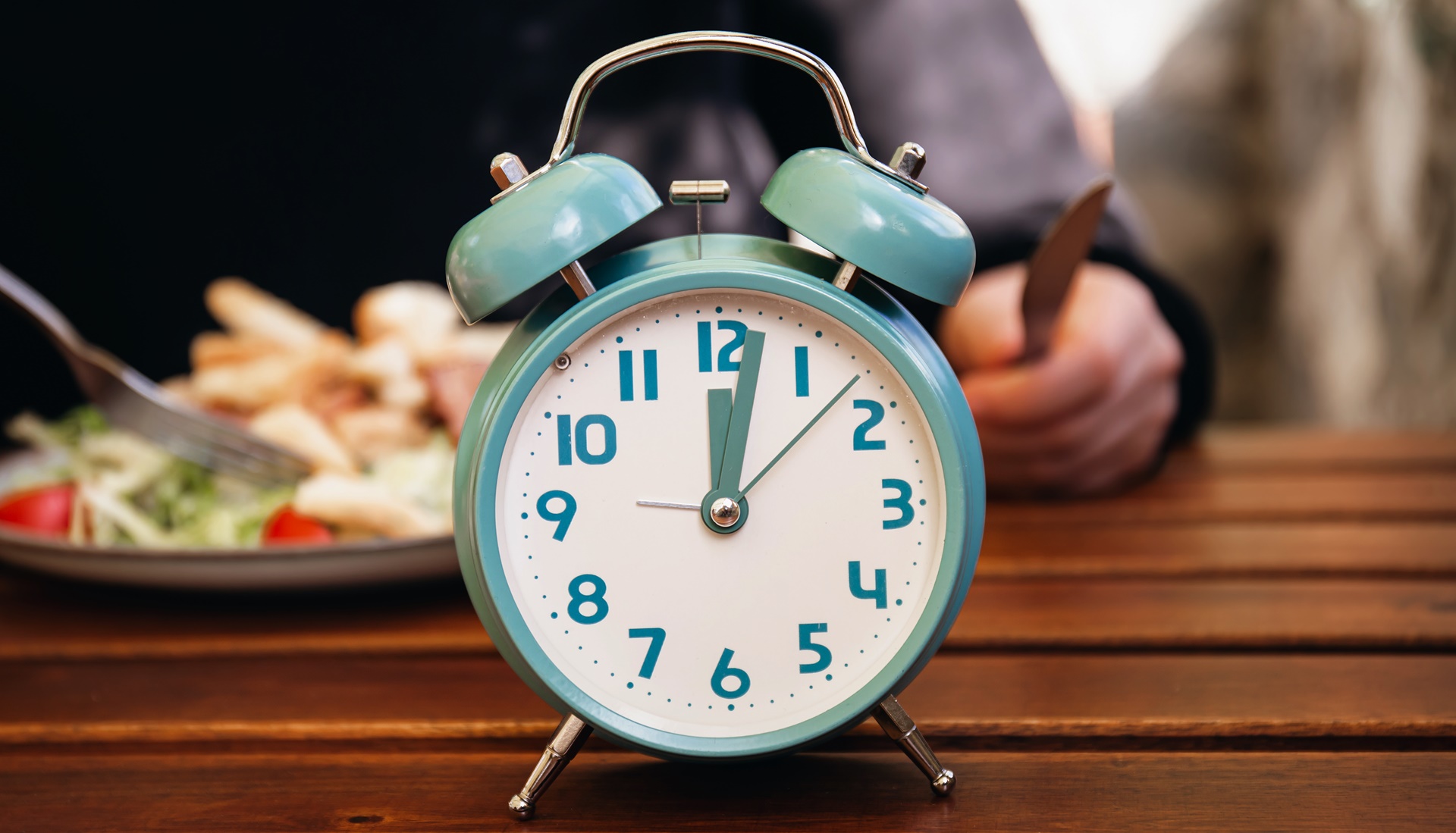You’re here because you want to know if intermittent fasting (IF) is the key to finally losing those extra pounds. You’ve heard the buzz, seen the success stories, and you’re wondering if skipping meals could be your secret weapon.
Good news: you’re in the right place. We’re going to break down exactly how IF works for weight loss, without the hype and confusing jargon. Let’s get into it.
What is intermittent fasting, really?
Forget complicated calorie counting for a minute. Intermittent fasting is straightforward: it’s about when you eat, not what you eat.
You cycle between structured periods of fueling and intentionally fasting. It’s that simple. Popular ways to do this include:
- The 16/8 Method: Fast for 16 hours, and eat all your meals within an 8-hour window. (Think: eating from noon to 8 p.m. and skipping breakfast).
- The 5:2 Diet: Eat normally five days a week. On the other two days, you limit yourself to about 500-600 calories.
The goal is to give your body a long enough break from processing food to tap into its stored energy—your body fat.
How IF Helps You Lose Weight (The Nitty-Gritty)
This isn’t magic; it’s biology. Here’s what happens inside your body when you fast:
You Simply Eat Less: Let’s be honest. When your “kitchen is closed” for 16 hours, you naturally have fewer opportunities to snack mindlessly or eat extra meals. This often leads to eating fewer calories without even trying—the easiest diet you’ll ever follow.
Your Hormones Get in Line: Insulin is a hormone that tells your body to store fat. When you’re not eating, your insulin levels drop. Low insulin acts like a metabolic switch, flipping your body from storage mode to combustion—telling it to burn stored fat for energy rather than the sugars from your last meal. It flips your metabolic switch from “store” to “burn.”
You (Mostly) Keep Your Muscle: The worst part of dieting? Losing muscle along with fat. The great thing about IF is that it seems to be better at preserving muscle than traditional calorie-cutting. Keeping muscle is crucial because it’s metabolically active tissue that helps you burn more calories, even at rest.
The Not-So-Fun Part: What to Watch Out For
Look, it’s not all smooth sailing. IF can be tough, especially at the start.
You Will Get Hungry:
Your body is used to being fed on a schedule. When you change that, it will complain. You might feel hangry, tired, or get a headache for the first few days. Push through—it gets easier as your body adapts.
Junk Food Will Still Sabotage You:
IF is not a free pass to eat pizza and donuts during your eating window. If you break your fast with poor food choices, you’ll undermine all the benefits. Focus on whole, nutritious foods to fuel your body.
It’s Not For Everyone:
If you are pregnant, have a history of eating disorders, or have diabetes or other medical conditions, talk to your doctor before trying IF. Your health comes first.
Your Action Plan: How to Start and Actually Succeed
Ready to give it a shot? Here’s how to do it right:
- Pick Your Method: Start with the easiest one—the 16/8 method. It’s the most sustainable for most people.
- Stay Hydrated: Drink water like it’s your job. Black coffee and unsweetened tea are also great allies to fight off hunger pangs.
- Break Your Fast Smartly: Don’t celebrate the end of a fast with a binge. Your first meal should be balanced: think protein, healthy fats, and fiber (like a chicken salad with avocado). This will keep you full and energized.
- Listen to Your Body: If you feel terrible, adjust. Maybe a 14-hour fast is better for you than 16. This is a tool, not a strict rulebook. Make it work for your life.
The Bottom Line: Will It Help You Lose Weight?
Intermittent fasting works because it harnesses your body’s natural rhythms to create a calorie deficit and burn fat more efficiently. It provides structure and simplicity that many people find liberating.
But it’s not a magic pill. Its power comes from consistency and pairing it with smart food choices. The best diet is always the one you can stick with. For countless people, IF is that diet. Your body is designed to run on stored fuel. Give it a chance to do its job.
FAQs: Your Questions, Answered
Q: Can I have coffee while fasting?
A: Yes! Black coffee is a fasting superhero. It helps curb hunger and gives you an energy boost. Just skip the sugar, milk, or cream.
Q: But I thought breakfast was the most important meal of the day?
A: That’s based more on tradition than hard science. What’s most important is your overall nutrition. If you’re not hungry in the morning, there’s no biological need to force yourself to eat.
Q: What if I get lightheaded or feel weak?
A: This is your body asking for electrolytes. Try adding a pinch of salt to your water or drinking a sugar-free electrolyte beverage. If it persists, shorten your fasting window.






